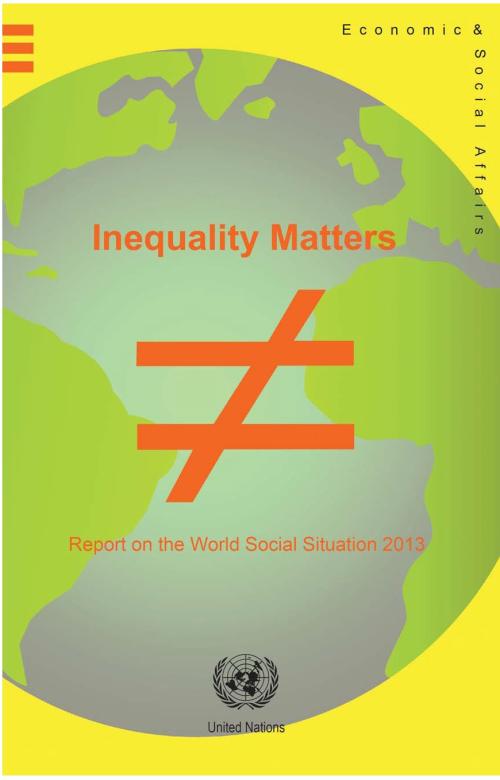
The 2013 Report on World Social Situation: Inequality Matters brings attention to inequality, with a particular focus on policies and the disadvantaged social groups. Tracing the recent trends and the consequences of inequality, the Report shows that inequality matters not only for people living in poverty, but also for the overall wellbeing of society at large.
The Report further demonstrates that growing inequality is neither destiny nor a necessary price to pay for economic growth. It explains the consequences of high inequality and further examines the experience of some countries that have defied the general trend and have managed to reduce inequality, showing that…
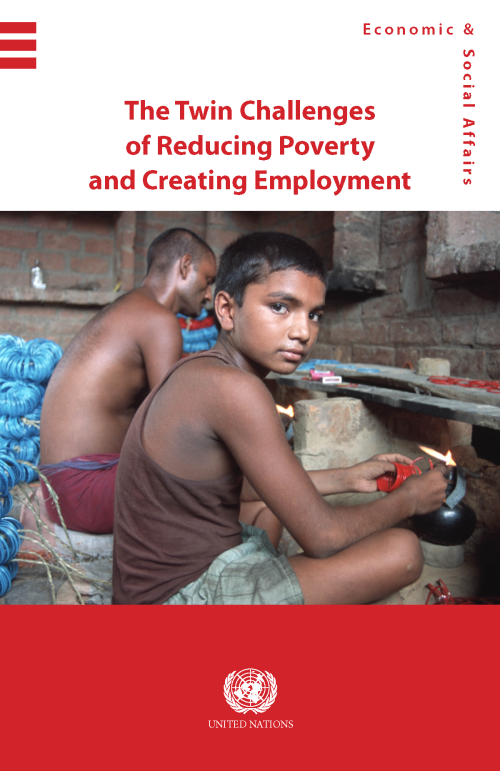
This E-publication is based on papers presented at two Expert Group Meetings (jointly organized by DSPD and the ILO) that brought together specialists to undertake a review of progress in eradicating poverty and to analyse policy responses to the global jobs crisis in different countries and regions of the world. It calls for a reorientation of macroeconomic policies from the current heavy emphasis on short-term stability to the promotion of sustained, inclusive and equitable growth. It stresses the need for the integration of social and economic policies to enable the attainment of people-centred development outcomes.
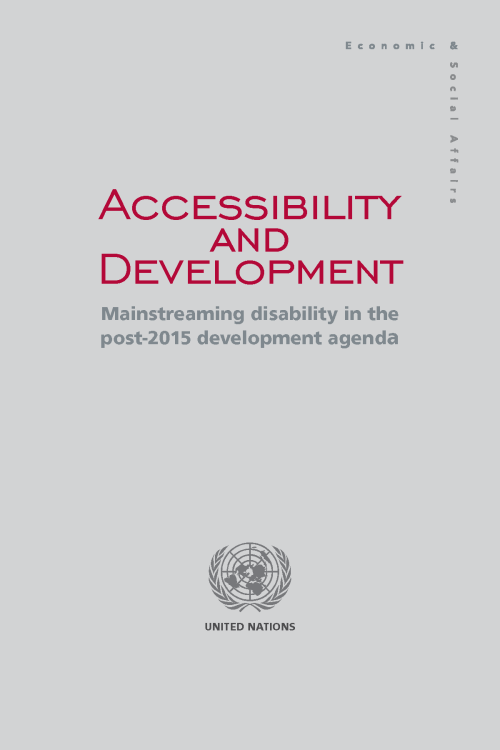
The publication reviews the concept of accessibility and its role in achieving inclusive and sustainable development. It propositions that accessibility be, not only a means and a goal of inclusive development, but also an enabler of an improved, participative economic and social environment for all members of society, including persons with disabilities.
Three key issues are addressed in the publication: (1) Accessibility in the context of human rights and development; (2) accessibility in policy and practice; and (3) accessibility and a disability-inclusive post-2015 development agenda.
The publication reviews good practices and lessons learned from both top-down and…
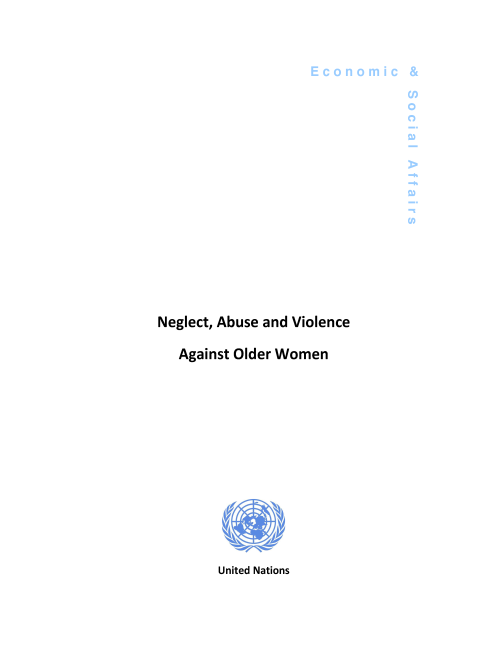
The objective of the Madrid International Plan of Action on Ageing (MIPAA) was the elimination of all forms of neglect, abuse and violence against older persons (MIPAA, 2002).
The United Nations Department of Economic and Social Affairs (UN-DESA), together with its focal point on ageing in the Division for Social Policy and Development (DSPD), began a discussion based on current research, available data and the terminology used in academic circles to describe and classify violence and abuse against older women. The majority of academic research and discourse has been conducted in developed countries, and agreement on terminology and meanings has—by no means—been clear or agreed.…
The experience from the Millennium Development Goals has shown that well-defined, objectively measurable indicators can help to maintain focus on internationally agreed development goals and targets, while keeping the world informed of achievements, problem areas and emerging issues.
Looking ahead to the post-2015 development agenda, it will be important to develop a robust monitoring system that draws on traditional data collection methods and innovations in statistics and data collection to develop a monitoring framework that can measure progress on the various thematic areas.
While it is still too early to define a set of indicators and targets for the development…
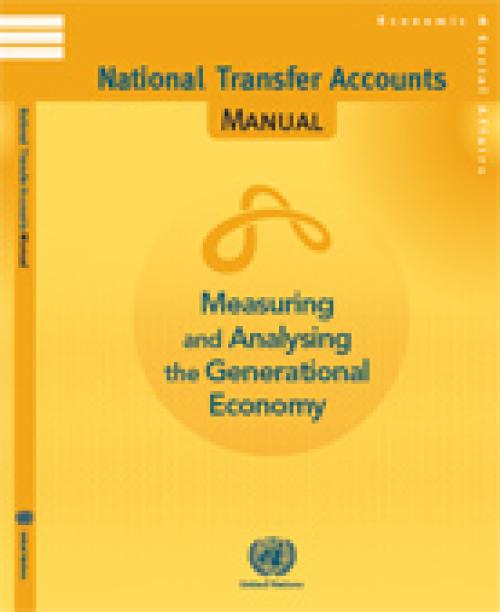
The publication provides a coherent accounting framework of economic flows from one age group or generation to another, typically for a national population in a given calendar year. This manual presents the concepts, methods and estimation procedures to measure these flows over the life-cycle. The NTA estimates are useful to understand and analyse the implications of changing age structures for the fiscal sustainability of social programs, the accumulation of physical and human capital, economic growth, and familial support for children, youth and older persons.
National Transfer Accounts are consistent with the System of National Accounts (SNA), and provide measures by single…
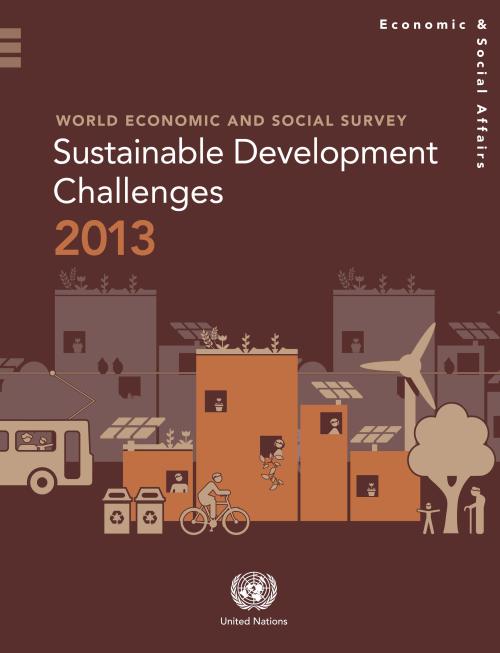
New strategies are needed to address the impacts of rapid urbanization around the world, including increasing demands for energy, water, sanitation, public services, education and health, according to the World Economic and Social Survey 2013.
The 2013 Survey examines the many challenges that must be addressed to achieve sustainable development. The United Nations Conference on Sustainable Development—Rio+20--set out a framework for action and follow-up across a wide range of issues and the Survey zooms in on three critical challenges – food security, energy transformation and sustainable cities.
According to the Survey produced by the UN Department for Economic and Social…
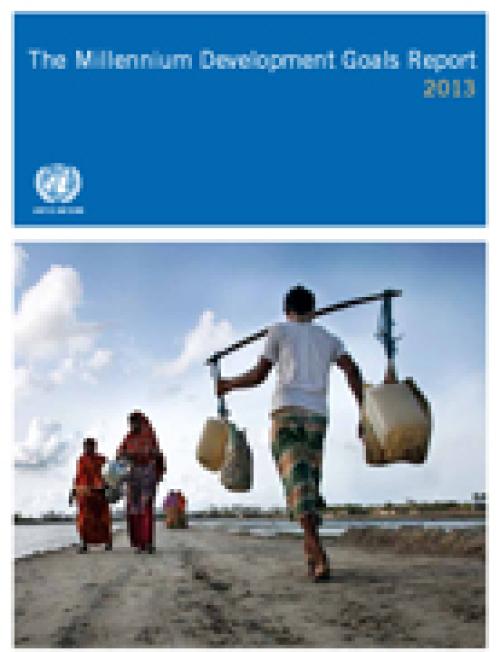
“The Millennium Development Goals have been the most successful global anti-poverty push in history,” Mr. Ban said. “The MDGs have proven that focused global…
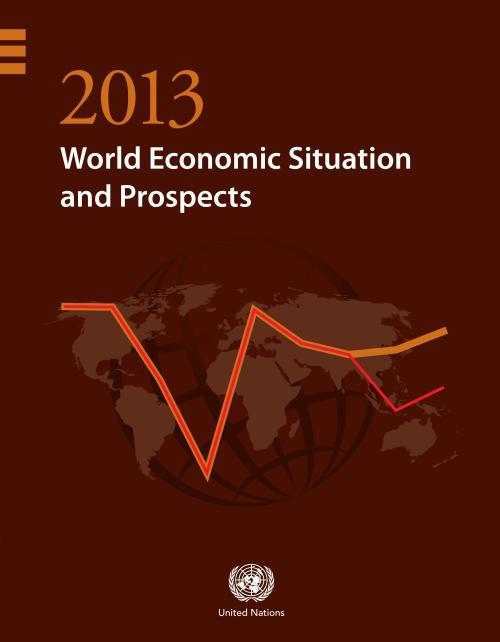
Global economic activity is projected to slowly gain momentum, but growth will continue to be below potential and employment gains will remain weak, says the UN report. It notes that since late 2012, new policy initiatives in major developed economies have reduced systemic risks and helped stabilize consumer, business and investor confidence, but with very limited improvement on economic growth.
“The main priority for policy makers worldwide should be to support a robust and balanced global recovery, with a focus on promoting job creation,” said Shamshad Akhtar, UN Assistant Secretary-General for Economic Development.
Global growth has been revised slightly downward…
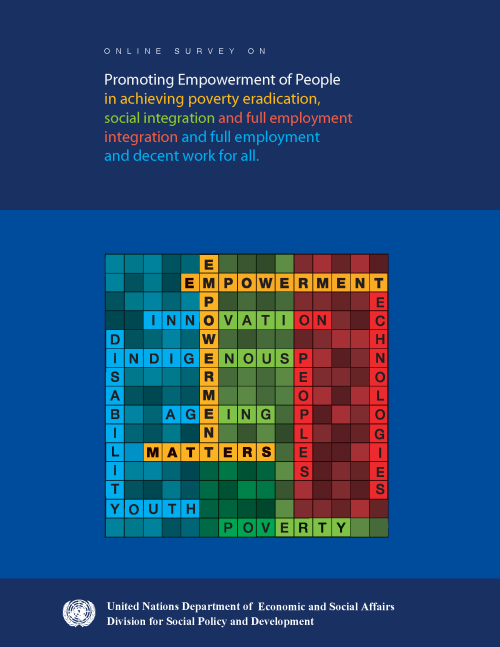
UNDESA-DSPD, from 8 August to 5 September 2012, conducted a global online survey to gather inputs for consideration by the 51st session of the Commission for Social Development (CSocD), which took place from 6 to 15 February 2013.
The survey enabled the public worldwide to respond to a set of questions that were related to the priority theme of CSocD on “Promoting empowerment of people in achieving poverty eradication, social integration and full employment and decent work for all”.
The responses collected and selected from the first question “Empowerment: What does it mean to you?” was published in a separate booklet.
The World Economic Situation and Prospects 2013 presents a post-crisis world economy still struggling with continued weakening growth of 2.2 per cent in 2012. It projects disappointing global growth of 2.4 per cent in 2013 and 3.2 per cent in 2014 in the face of major uncertainties and downside risks. A much slower pace of poverty reduction is predicted in many developing countries and narrowing fiscal space for investments in the many critical areas needed for achieving the Millennium Development Goals. The World Economic Situation and Prospects 2013 calls for more forceful and concerted policy action at the global level, identifying fiscal and employment policies,…
 Welcome to the United Nations
Welcome to the United Nations